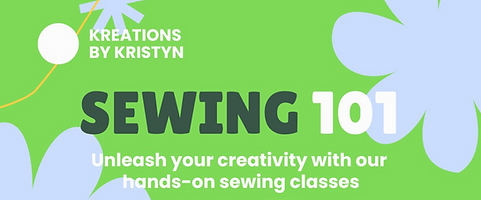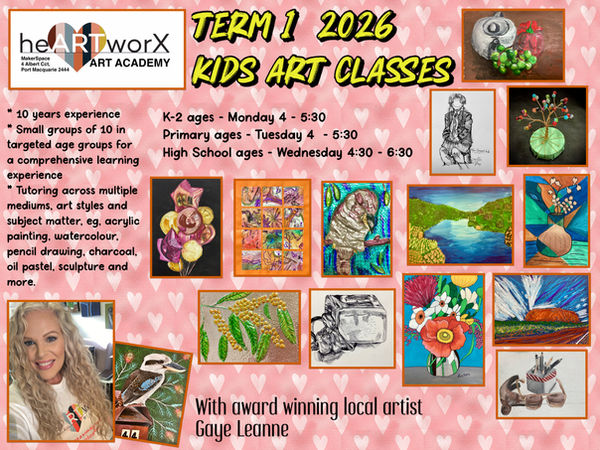What's On
Here's where we will keep you updated with what's happening at the college.
Upcoming Events:
We will let you know of new events for 2026
Upcoming Activities:
Makerspace - Be Creative Sewing Circle:

Our "Be Creative Sewing Circle" would love you to join them on the 2nd Saturday each month from 10am. (If there is more interest, an additional workshop may be scheduled for the 4th Saturday of the month.)
Do you have interests in a variety of textile and art mediums such as hand stitching, machine sewing, mixed media, design, knitting, crochet, embroidery, weaving, up cycling clothes, recycling textiles or paper and macrame to name a few....
Cost: $10.00 per session [this covers resources & supplies for the sessions]
When: 2nd Saturday each month [unless advised of closure or postponement via our Facebook page
Time: 10:00am to 2:00pm [byo lunch or order something from the Wilderness Activity Centre & Cafe]
Where: 4 Albert Circuit, Port Macquarie
Bookings: call us on 6583 7288
Sewing 101 Workshops


COST:
varies per workshop
WHERE:
MakerSpace
4 Albert Cct, Port Macquarie
or call 02 6583 7288

In-Term Kids Art Workshops
Gaye's workshops not only focus on developing skills, learning about different art techniques, exploring different mediums and learning about varying art styles, it is also a way to assist children to enjoy the process of creating and the peacefulness that expanding creativity brings.
School Holiday Programs
Age: K-2 group kids
Mondays 4 - 5:30pm
$25.00 per lesson
Age: Primary 3-6yrs
Tuesdays 4 - 5:30pm
$25.00 per lesson
Age: High School 7-10yrs
Wednesdays 4:30 - 6:30pm
$35.00 per lesson
To enrol or for any questions, please email Gaye on heartworx.art@gmail.com.

Gaye hosts a variety of school holiday programs, which will have different themes to keep children interested.
Please check our events page or Facebook events to register for upcoming holiday programs.
Want to enrol your child/children in a school holiday class for 2026, check out https://heartworx-gayeleanne.square.site/school-holiday-kids-art-workshops to review and book available sessions.


